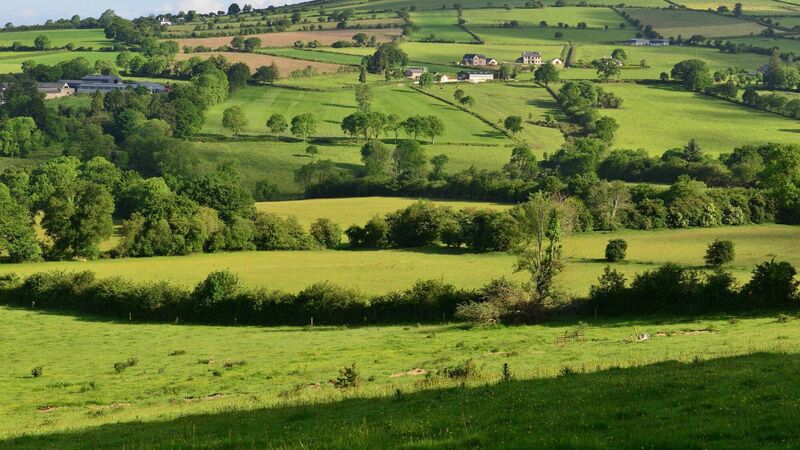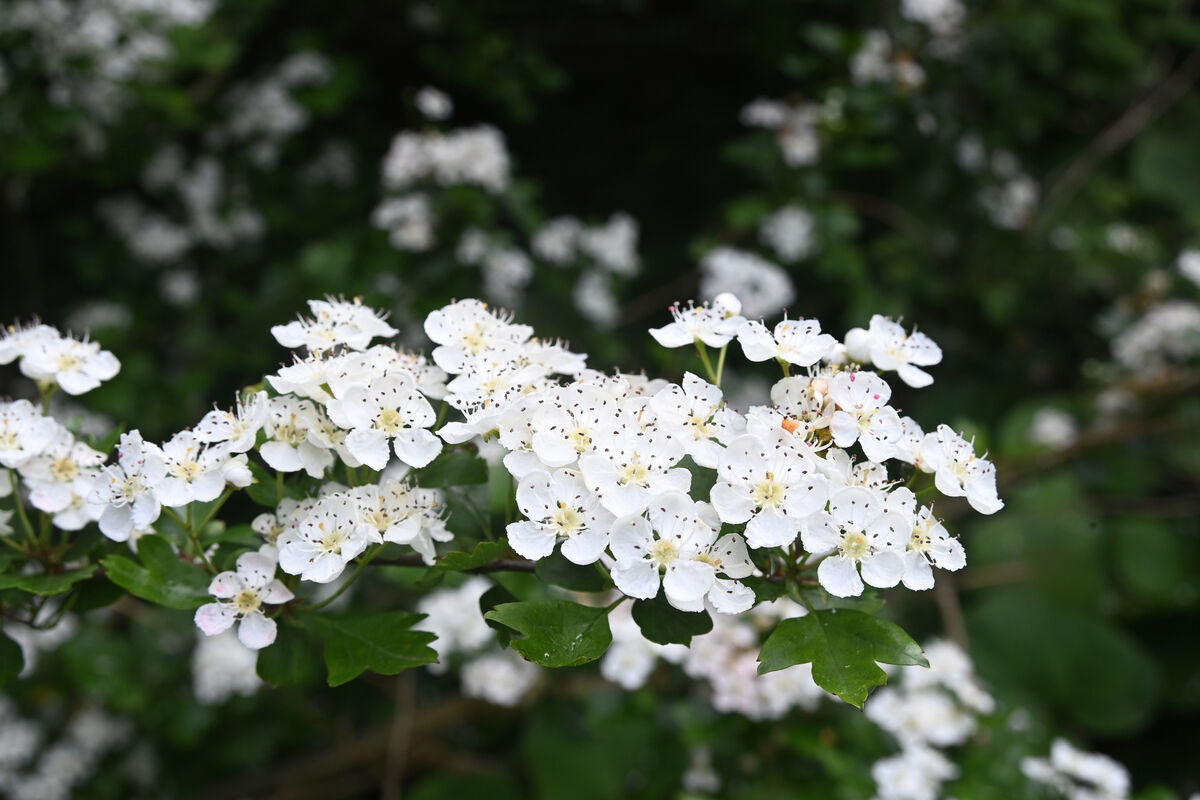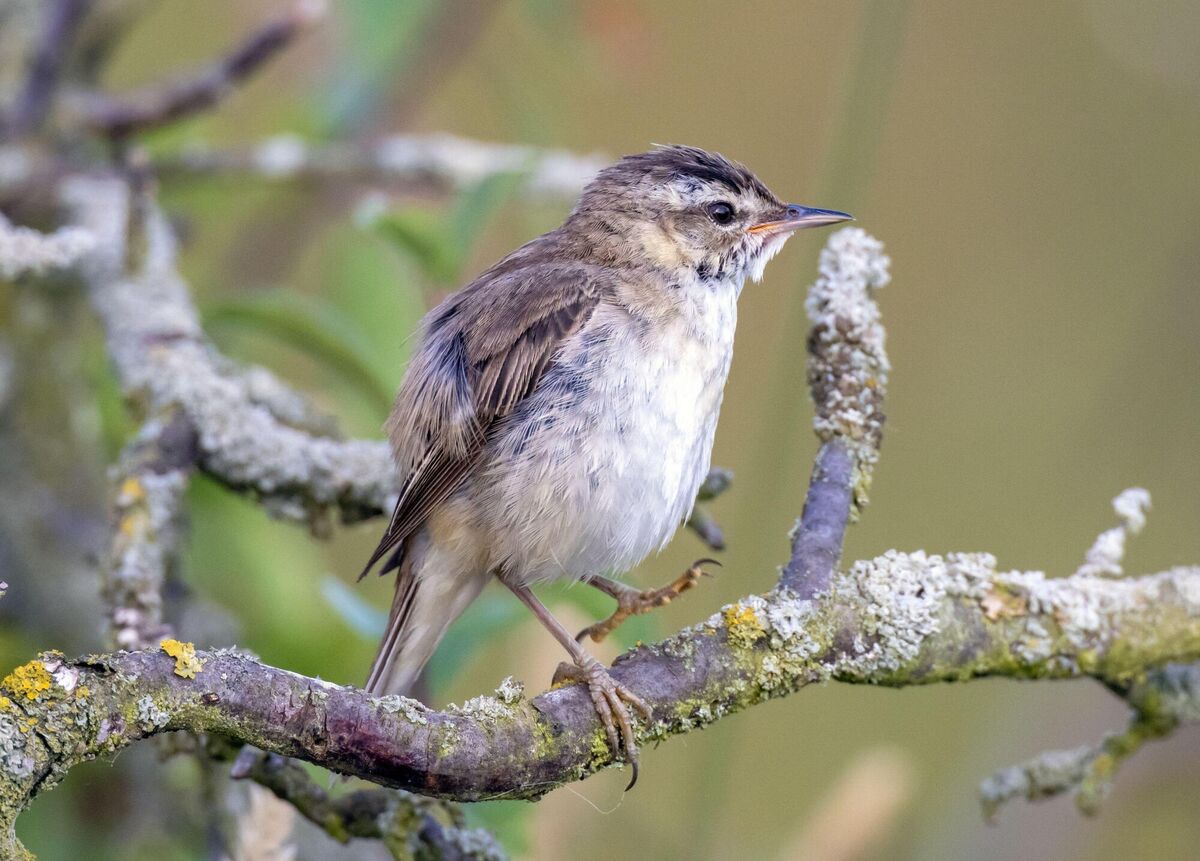More biodiversity does not mean less farmland

The fourth National Biodiversity Plan aims to expand national parks, tackle invasive species, strengthen efforts on wildlife crime, increase collaboration on nature-friendly farming and work with communities.
THE recognition given in the fourth National Biodiversity Plan to the scale of the ongoing work being done by farmers has been welcomed.
Irish Farmers Association’s Environment and Rural Affairs chair John Murphy described the recognition as encouraging.
“It is important to note that Irish farmers are already contributing strongly to biodiversity.
“On average, farms in Ireland have about 13% of their land dedicated to space for nature.
“As well as that, farmers have committed to further significant measures as part of the Agri Climate Rural Environment Scheme (Acres), which will be positive,” he said.
Mr Murphy said the extended power of the plan and the scope of the actions — be they legislative, policy or programme-related — will need to be fully considered.
“Farmers do have concerns, particularly around the impact some of the actions will have on their livelihoods,” he said, stressing it is vital the plan is adequately funded to give farmers confidence.
Mr Murphy said more support was needed to deliver on the plan and clarity would be needed. A follow-on commitment from the Government to providing this support was now essential.
"It was positive to see that the action within the plan to ensure the National Parks and Wildlife Service farm plan scheme is adequately resourced.
“This is essential in order to support farmers to deliver on the conservation objectives in protected areas, but the scheme must fully compensate, both for the income loss and the devaluation of the land asset,” he said.

Mr Murphy stressed the positive engagement by farmers with European Innovation Programmes, Life and other projects.
This showed a willingness by farmers to adapt when they are supported, both from an advisory and financial perspective, to implement more nature-positive practices.
The fourth National Biodiversity Plan, which aims to protect and restore nature across the country, lists 194 actions.
These aim to expand national parks, tackle invasive species, strengthen efforts on wildlife crime, increase collaboration on nature friendly farming and work with communities.
The plan strives for a “whole of Government, whole of society” approach to the governance and conservation of biodiversity.
It aims to ensure every citizen, community, business, local authority, semi-State and State agency has an awareness of biodiversity and its importance.

In recent decades, scientists across the world have been documenting increasingly worrying declines in biodiversity.
In Ireland, almost a third of European Union-protected species and 85% of EU-protected habitats are in unfavourable status.
Over half of native Irish plant species have declined in the last 20 years and 30% of semi-natural grasslands have been lost in the past 10 years.
More than 20% of breeding and 52% of key wintering bird species are reported to have short-term declining trends. Extinction also threatens 48 species living in the Irish marine environment.
Dr Deirdre Lynn of the National Parks and Wildlife Service, which led the development of the plan, said the plan would provide the focus needed to step up action to conserve and restore biodiversity.
It will also contribute to national, regional and global targets. “Millions of years of evolution are at stake,” she said.
Heritage Minister Malcolm Noonan, who launched the plan, said nature was in trouble, but he believed it could recover.
Speaking on RTÉ's , he said more biodiversity does not mean less farmland, but farmers needed to be rewarded for what they do.
Oonagh Duggan of BirdWatch Ireland said the plan could not have come at a more important time for the fate of Ireland’s wild birds.
She said 63% of our bird species are red- or amber-listed birds of conservation concern.


